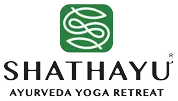Ayurvedic Treatment for Osteoarthritis
Osteoarthritis is referred to as degenerative arthritis or degenerative joint disease, known as Sandigata Vata in Ayurveda.
It is the most common type of Arthritis because it’s often caused by the wear and tear on a joint over a lifetime and causing pain, swelling and stiffness as bones rub together resulting in the process of gradual degeneration of the body. It is most often found in the hands, knees, hips and spine. The physical disability arising from pain and loss of functional capacity reduces quality of life and rises in further morbidity.
Osteoarthritis (OA) is the second most common rheumatologic problem and it is the most frequent joint disease with a prevalence of 22% to 39% in India. OA is more common in women than men. Closely, 45% of women over the age of 65 years have symptoms while 70% of those over 65 years show radiological evidence of OA.
Factors that contribute to osteoarthritis include: Heredity, sedentary lifestyle, obesity, joint overuse and injury. Patients who already have rheumatoid arthritis are more likely to develop osteoarthritis.
Symptoms of Osteoarthritis
Some of the symptoms of osteoarthritis overlap with Rheumatoid arthritis, so it is important to schedule a consultation with a qualified physician who can diagnose your condition correctly.
Common symptoms of osteoarthritis include:

Pain
During joint movement.
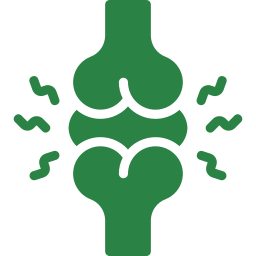
Joint Stiffness and crepitation
Joint Stiffness after a period of not moving, such as in the morning or after sitting for a long time followed by crepitus that is specific crackling and creaking sound during joint movement along with pain

Muscle weakness
Surrounding to the arthritic joint, exclusively for arthritis in the knee
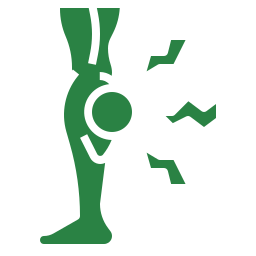
Swelling
They will feel tender and sore, when osteoarthritis causes swelling in joints.

Deformed joints
As rapid progress in osteoarthritis, joints may begin to look crooked or misshapen.
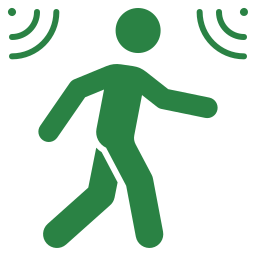
Reduced range of motion
Stages of Osteoarthritis
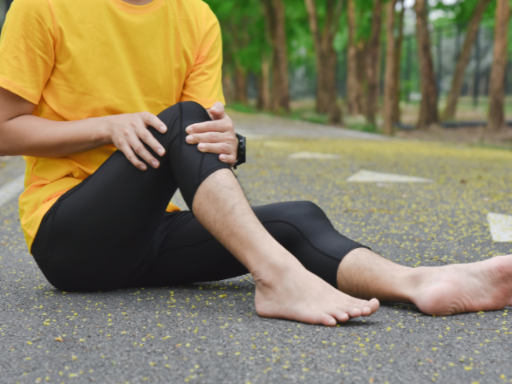
Stage 1 – Minor
Stage 1 Osteoarthritis patients will advance to very minor wear & tear and bone spur growths at the end of the knee joints. However, at this stage it is unlikely to feel pain or discomfort.
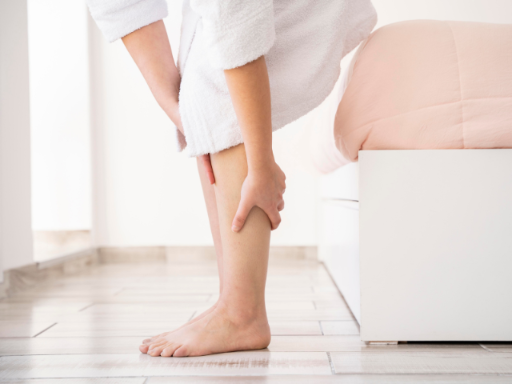
Stage 2 – Mild
In Stage 2, X-rays of knee joints will show more bone spur growth, though the gap between the bones appear normal, people will begin facing symptoms of joint pain. Normally, the area near to the knee joints will feel stiff and uncomfortable, particularly when sitting for long period, after rising in the morning or after a workout, even cartilage and soft tissues are in healthy condition.
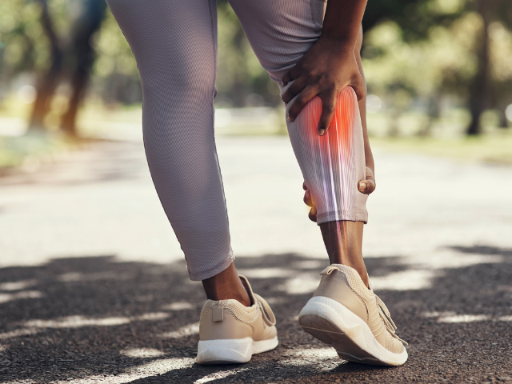
Stage 3 – Moderate
Stage 3 is where there is obvious erosion to the cartilage surface between bones and fibrillation narrows the gap between the bones. Bones advances to develop spurs at the joints as it becomes rougher.
With the advancement of osteoarthritis of the knee there is obvious joint inflammation which causes frequent pain when walking, running, squatting, extending or kneeling. Along with joint stiffness after sitting for long or when waking up in the morning, there may be popping or snapping sounds when walking.
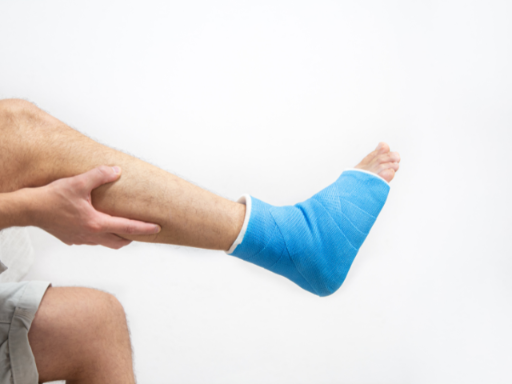
Stage 4 – Severe
During this stage the joint space between the bones are considerably reduced, causing the cartilage to wear off, leaving the joint stiff. The breakdown of cartilage destroys the soft tissue around the joint leads to a chronic inflammatory response, with decreased synovial fluid that causes friction, greater pain and discomfort when walking or moving the joint.
The progressive stage of the disease shows development of more spurs causing severe pain, which makes even everyday chores, including walking and descending stairs a challenge.
Ayurvedic Treatment for Osteoarthritis
Ayurveda has focused not only on structural western diagnosis, it also considers the causative factors like physiological, metabolic, excretory and mental functions, life style, food habits and other factors which leads to formation and progress of OA.
Ayurvedic Treatment for Osteoarthritis is not only controls symptoms but also prevent disease progression, minimize disability, improve the quality of life and also to set right the above said causative factors which lead to formation of OA.
For Osteoarthritis, Ayurveda has broad spread treatments based on severity and stages of the disease from mild to severe.
In general, the treatment can be classified into the following types-
Ayurveda has various treatment modalities in treating OA. Type of treatment and its duration depends purely on the basis of severity of the disease. Ayurveda Panchakarma treatments makes surrounding tissue strong. That is muscles, ligaments and tendons that are responsible for the joint stability. Recuperation of surrounding tissue of the joint helps to prevent or heal the Osteoarthritis. Following are the multimodal Ayurvedic treatment for Osteoarthritis.
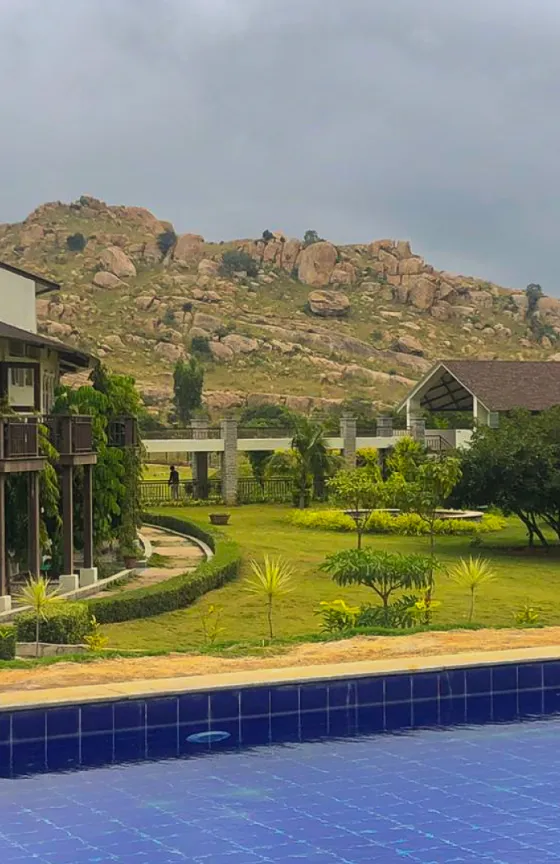

Abhyanga
(oleation therapy) with medicated oils
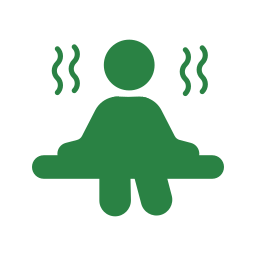
Svedana Modalities
- Bashpasvedana
- Patrapinda sveda
- Shasitka Shali Pinda
- UpanahaSweda
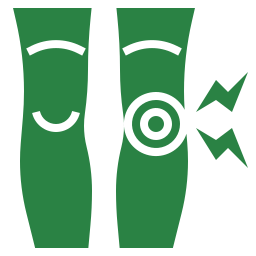
Janu Basti
treatment for OA in Knee joint.

Bahu Basti
treatment for OA in Shoulder joint.

Greeva Basti
treatment for OA in cervical area.

Lepa
application various herbs and its extracts to reduce pain and its inflammation.

Ayurveda Panchakarma
(bio-purification) therapies like Virechana Various types Basti, Nasya etc plays important role in treating OA.
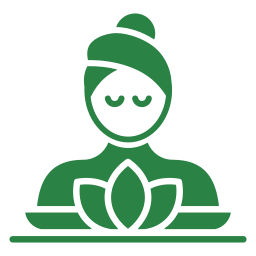
Rasayana
(immunomodulatory and facilitating regeneration) therapies has a remarkable biological effects especially as anti-inflammatory and immune-modulatory activities that are relevant and potentially useful to treatment of OA.
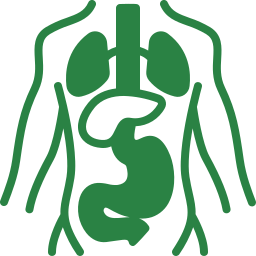
Internal medications
Ayurveda internal medications in the form of Tablets, capsules, Decoctions, Powders etc, helps to treat OA.
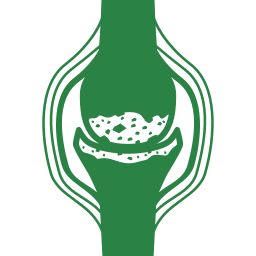
OA due to other primary factors
Factors like obesity, Rheumatoid arthritis etc. are more likely to develop osteoarthritis. In such cases, treatments will be planned as to treat primary condition along with osteoarthritis treatment
Transform Your Life with Holistic Wellness!
Explore our tailored programs that restore the balance in your body, mind, and soul. Start your journey towards rejuvenation and healing!
Disclaimer
All the Ayurveda treatments will be customized by Physician only after detailed consultation. Treatments may be changed based on the individual strength.
